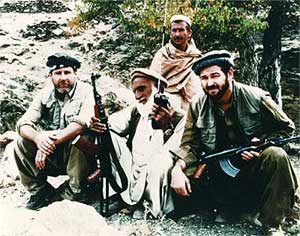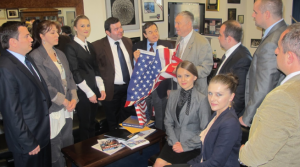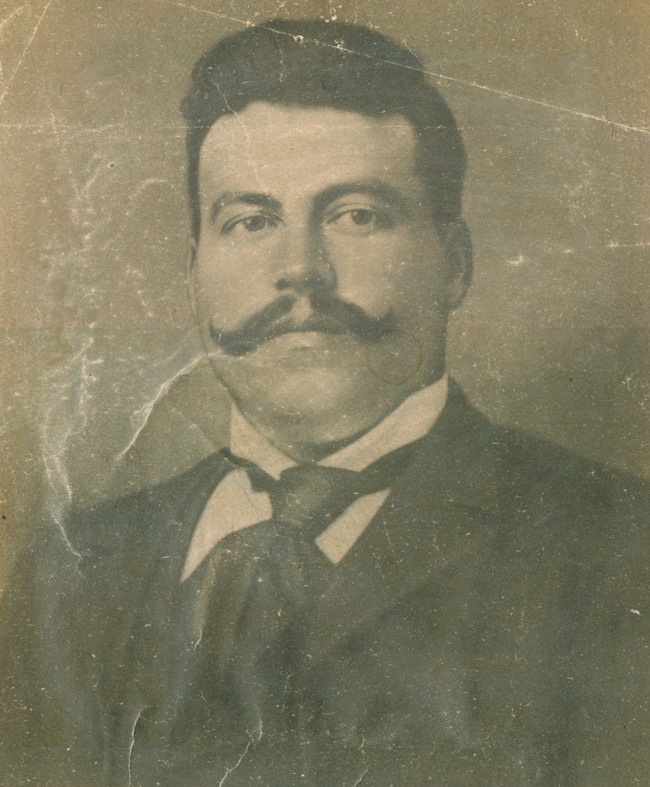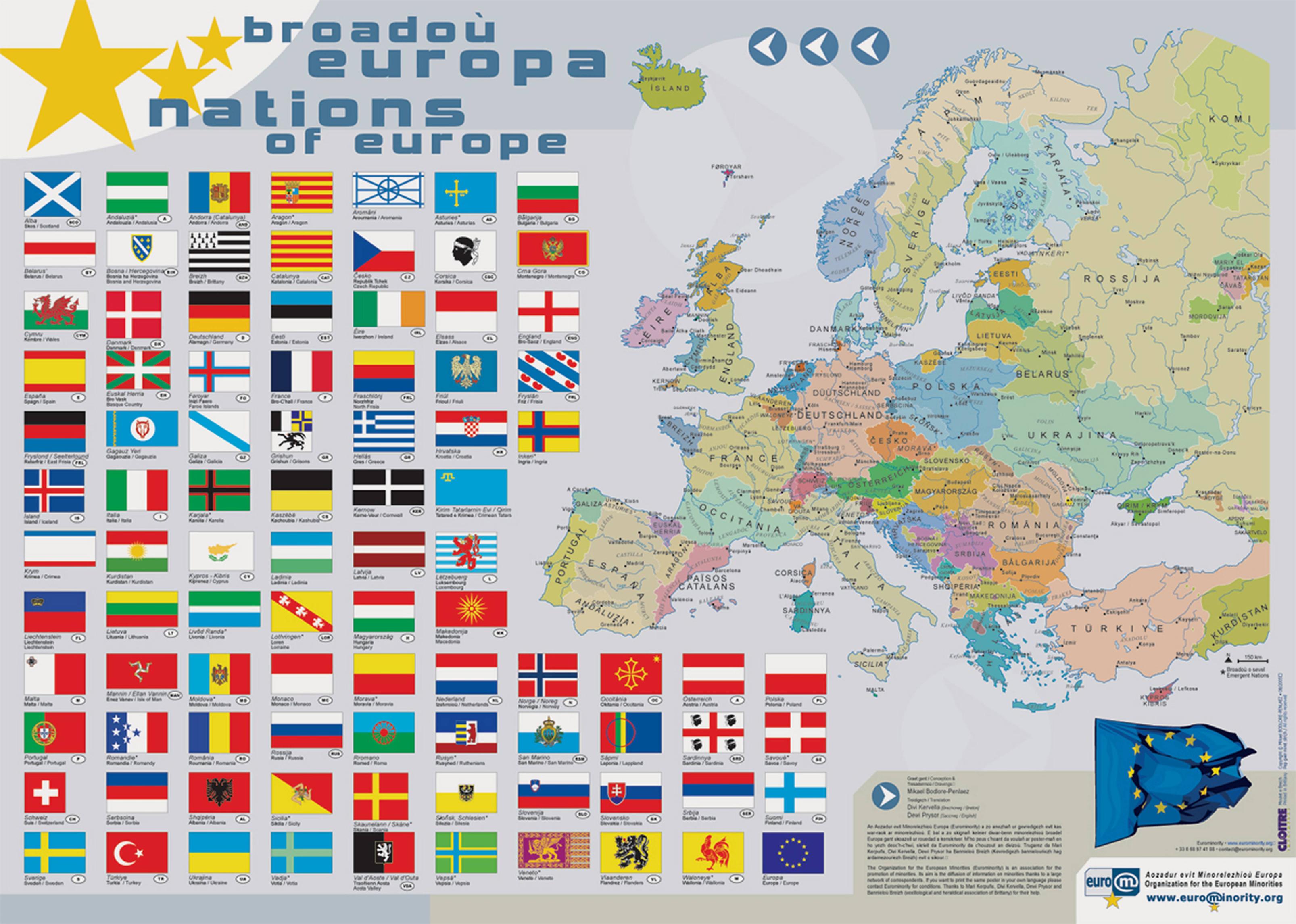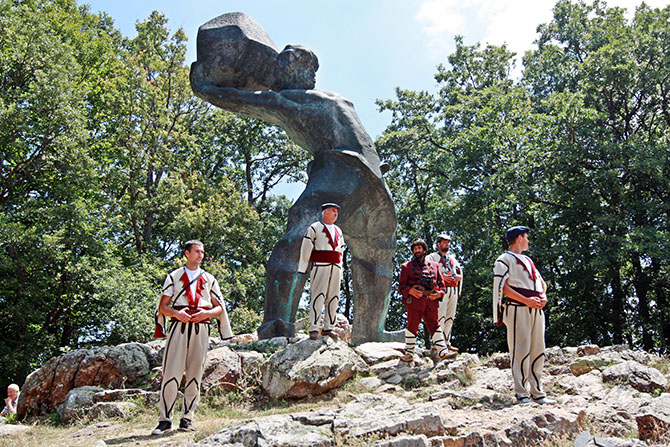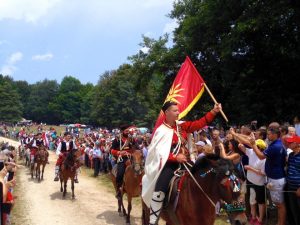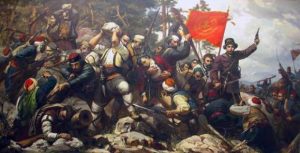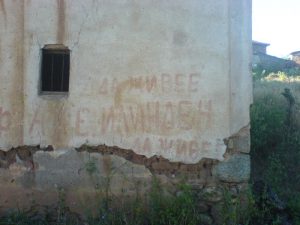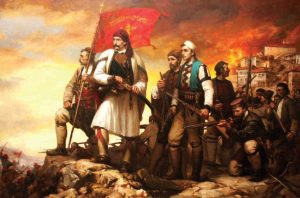Life is tough. When one clings to fragile psuedo-history, it becomes even tougher. In its latest attempt to contort reality to suits its needs, Bulgaria has pushed the limits on the imagination. Appropriating songs such as “Macedonian Girl”, “Bitola My Birthplace” into the Bulgarian ethos has not been enough. Fabricating medieval stone inscriptions to prove the Bulgarian nature of historical autocrats does not quench the Bulgarian obsession with Macedonia. Now the new frontier has to be met–to boldly go where no Bulgarian has gone. Literally.
Just last week, Bulgarian MEPs pushed for the protection the rights of the Bulgarian ethnicity in Albania to the European Parliament. From surges in populism, to waning trust in European institutions, Bulgaria presents Europe with possibly the greatest non-issue of the decade. The only problem? The Slavic-speaking minority in Mala Prespa and Golo Brdo says they are Macedonian. Somehow, outside the influence of Tito’s Yugoslavia, which the Bulgarians claim de-nationalized the “Bulgarian Macedonians”, Albania’s minority, such as the minority in Greece, still affirms its Macedonian identity. Furthermore, no international human rights organization has eve recorded a Bulgarian minority presence in the Albanian areas, while numerous have documented a Macedonian one.
So what is the real issue? Why push such an absurd notion while the rest of Europe struggles? The answers goes back to the 10th century, when the Bulgarian Tsar Boris I realized something ingenious; the only way to conquer Macedonia from the Byzantine empire would be to quite literally “become” Macedonian themselves and create kinship with the Macedonian people. This pragmatic move included dropping the Bulgarian Turkic religion, language, and culture. Names such as Asparuh, Knez, and Krum gradually became replaced with Orthodox Christian names. Ever since this crucial moment in history, Bulgaria has made it a policy objective to convince the world that Macedonians and Bulgarians are one of the same. This is the reason Macedonians do not sing any songs about people outside of ethnic Macedonia, while Bulgarians regularly appropriate songs from the whole of Macedonia. Unfortunately, most of the outside world could not differentiate between the mess of ethnicities that made up the Ottoman Empire, and the term “Bulgar” came to denote most Slavic-speaking Orthodox peasantry. Unfortunately, facts do not line up with the alternate reality carved out by the Bulgarian state.
The Bulgars never permanently settled areas outside of modern-day Bulgaria. While regularly conquering, pillaging, and attacking the areas of modern-day Macedonia, the Bulgars never had a permanent settlement in the areas outside of roughly modern-day Bulgaria. Even when Macedonians, under the heavy influence of the Bulgarian Exarchate, called themselves “Bulgars”, they still claimed descent only from Macedonians–not individuals part of the wider Bulgarian cultural identity. The Brothers Miladinov, while ostensibly calling their 19th century anthology “Bulgarian Folk Songs” to fight back the tide of Hellenism (though Bulgaria still refused to publish it), traveled and collected songs and stories from Macedonia still celebrating figures such as Alexander the Great, St. Clement, and even the Emperor Justinian. To this day, there is not one song in the Macedonian folklore about the Bulgarian King Asparuh–the same king whom the Bulgarians replaced Alexander with in their version of “Edna Misla Imame”.
Living in the past is one thing. Pushing a diplomatic objective in the 21st century that dealt with the Byzantine Empire is another. So much of Bulgaria’s national identity and place in the Balkans is dependent upon a Bulgarian-character of the Macedonian people that any unraveling would be detrimental to their ethnos. This is why Bulgaria is forced to push such an absurd notion as the existence of Bulgarians in Albania; Bulgaria has to continue Boris’s strategy and claim everything associated with Macedonians as Bulgarian, no matter how outlandish. But then again, since Macedonia is the Pandora’s Box for other states in the Balkans, many states will do their best to peddle such laughable ideas into their mainstream to keep the lid closed. Instead of making a Faustian deal with Bulgaria–becoming Bulgarian as so many of our ancestors did for economic gain–it is our duty to not fall victims as pawns to a centuries old political swindle.
—
The views of the author may not necessarily reflect the views of the United Macedonian Diaspora and Generation M.

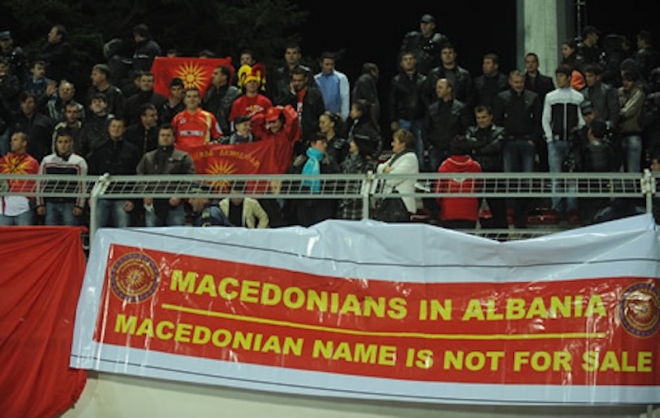

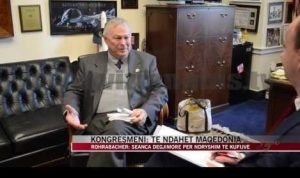 This outlandish statement was said during an
This outlandish statement was said during an 